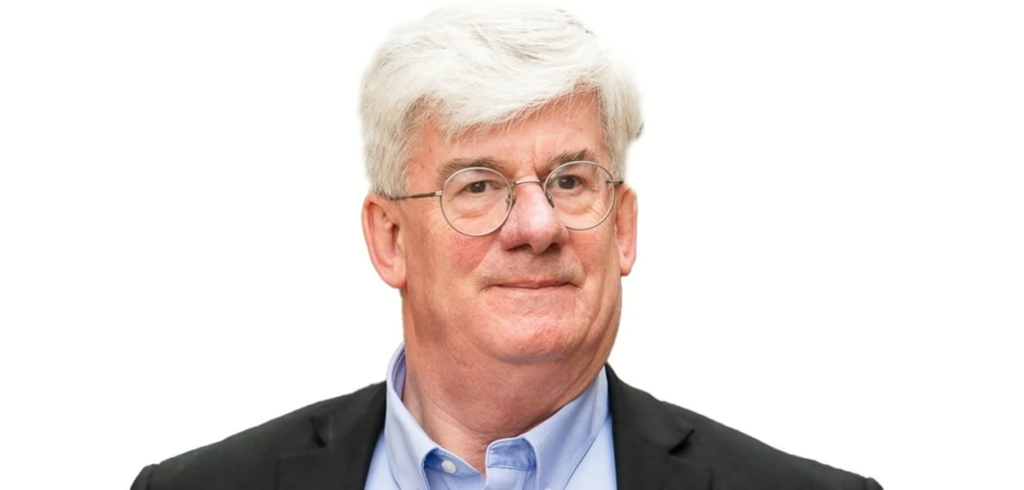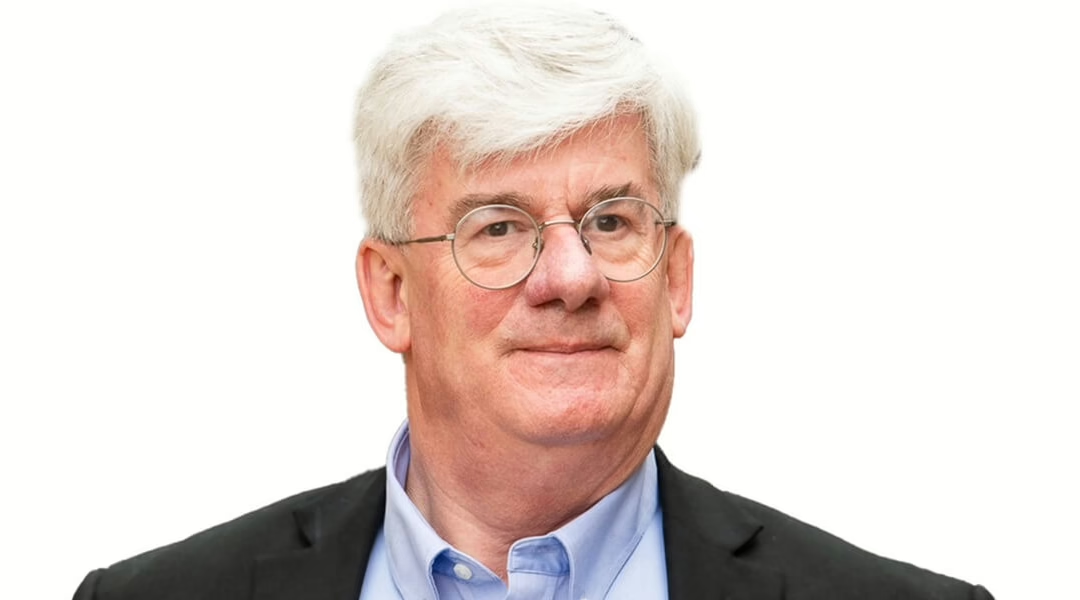
Saul Eslake explains
The Reserve Bank meets on Tuesday 20 May. This is one of eight scheduled meetings each year. The decision the Monetary Policy Board takes may affect your retirement income. We spoke with respected independent financial commentator, Saul Eslake, before the meeting was held, for a plain English explanation of how interest rates work – and how they can affect retirees. But first, here’s a brief backgrounder on Australia’s Central Bank.
Stop Press: As anticipated by Saul, the Reserve Bank announced a 25 basis-point cut from 4.10% to 3.85% on Tuesday 20 May. Depending on your interest rate and loan term, this will mean a saving of around $30 per month or $360 per year for those with a mortgage of $200,000.
What does the Reserve Bank do?
According to the bank itself, it is responsible for Australia’s monetary policy. This primarily involves setting a target for the cash rate, but the bank has other tools at its disposal as well.
What is the Reserve Bank’s goal?
By setting monetary policy, its aim is to maintain price stability as well as full employment. To this end the Reserve Bank has a target inflation rate (measured by CPI), to remain between 2 and 3%.
How is this achieved?
The bank sets a cash rate (currently 4.10%) which is the interest rate that banks pay when they borrow from other banks in the overnight money market. This amount then influences other interest rates for loans and deposits which, in turn, influence overall economic activity, including employment and inflation.
Over to Saul…
Is the Reserve Bank truly independent?
Yes, it’s charter is to be ‘independent with consultation’. Up until the early 1990s, the Federal Government of the day would set rates, but this was open to political influence. If an election was coming up, the government of the day would typically be reluctant to allow the Reserve Bank to raise interest rates, even if inflation were running hot. Such manipulation could be said to have brought on a recession in the early 80s and in the 90s we experienced interest rates as high as 17.5%. The independence of the Reserve Bank was introduced (unofficially) by the Keating Government and then more formally adopted by the Howard Government. By convention the Australian Government of the day does not critique Reserve Bank decisions.
Are interest rates the only tool at the Reserve Bank’s disposal?
No, the bank has other tools including the purchasing or selling of securities in financial markets or lending to businesses as it did during the Covid pandemic. But reviewing and adjusting the cash rate remains its main lever.
What do you expect will happen in the 20 May meeting?
The March quarter inflation rates (headline at 2.4%, underlying, which excludes more volatile items such as fuel or fruit and vegetables, at 2.9%) are both within the target band of 2-3%. I expect that this will give the Board sufficient confidence to cut the cash rate by 25 basis points or .25%. This means that the current rate of 4.10% will be reduced to 3.85%. I expect a further 25 basis point rate cut to follow at the 11-12 August meeting.
What will happen after this?
I’m not sure that the bank will cut more after August. There is enormous uncertainty with the Trump tariff changes, it’s chaotic and there is the possibility of recession in the United States. In particular, recessionary movements in China, Japan, Korea or India could also affect us. If recessions occur in these nations, the Bank may well choose to cut rates further. Typically the months when we see rate cuts are February, May, August and November as these meetings follow the announcement of the most recent CPI data.
What do these two likely cuts mean for retirees?
The overwhelming majority of retirees own their own homes, mortgage free. So they do not feel the pain felt by young families and younger mortgagees when rates go up, as they are not needing to cover higher monthly repayments.
But rates coming down is another matter.
There are many self-funded retirees and retirees on the Age Pension who have significant amounts of cash in bank accounts or term deposits, earning interest. There is no downside for these retirees when rates go up, but they do receive reduced income when rates come down, as they have this year.
However, times are changing and traditional assumptions about retirees fully owning their own homes are becoming less valid.
Saul has worked as an economist in the Australian financial markets for more than 25 years, including stints at National Mutual, ANZ, Bank of America Merrill Lynch and the Grattan Institute. He founded his own economic advisory business in 2015 but still finds time to advise the Australian Parliamentary Budget Office, the ATO ‘Tax Gap’ panel and is a member on the board of the Council on the Ageing (COTA).
Saul does not have an Australian Securities Financial Services Licence so does not offer advice on financial strategies.
Managing rate changes in retirement
Retirement Essentials Head of Advice, David Kennedy offers the following thoughts:
As noted by Saul Eslake, you could be affected by an interest rate decrease in one of two main ways.
If you still have a mortgage or another form of debt, a rate cut may come as a relief, with less to pay every month. But determining whether your mortgage remains sustainable as part of your retirement transition is a good move. Some retirees will use super to reduce their home loan, while others might weigh up their options depending on their unique financial position. It’s good to understand what will work best for you.
If high interest rates currently boost your retirement income stream, then a rate cut won’t lift your spirits! But changing interest rates could be a trigger to review your income mix and take steps to maximise your overall situation.





